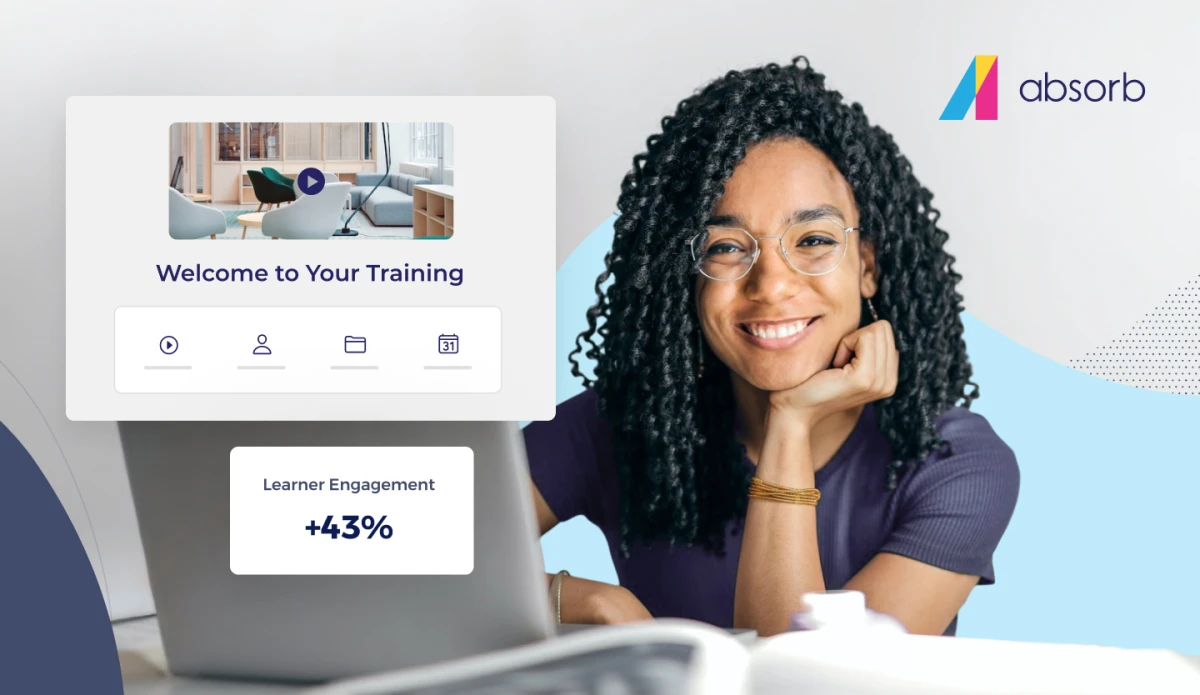Learning management system integrations create opportunities to share data between enterprise apps for better learning and development alignment. Integrating an LMS with other business apps, such as human resources systems and productivity tools, can push and pull data for more personalized learning experiences, integrated reporting, business intelligence, third-party content and measuring the business impact of training. Moreover, certain cutting-edge integrations can even deliver tailored learning directly in the platforms where learners already spend time.
Before starting the integration process, it's important to get the right questions answered so you can develop a rock-solid project plan.
Integration implementation options
Integration projects can be simple or complex, depending on the type of LMS integration needed. A turnkey integration is a native integration offered by the LMS vendor that creates immediate connectivity between supported apps. An application programming interface is used to create a custom integration that typically uses representational state transfer (REST) APIs to integrate and transfer data between the LMS and other apps.
Work with your LMS vendor to understand what's possible off the shelf and which integrations would require customization.
LMS integration planning
L&D should approach project planning with a clear vision for integration outcomes. For example, one goal might be to use data from HR information systems and customer relationship management tools to personalize learning for internal and external learners. A single-sign-on integration could simplify the user experience, eliminating repeated logins while increasing security.
Here are key questions for you to consider during the planning stage that will help you assemble an LMS integration dream team:
1. Data sharing
- What are the goals of integrating the LMS with other enterprise apps?
- What specific types of data does the LMS need from other apps?
- How does the LMS source content from internal L&D libraries and third-party content libraries?
- Does the LMS need to send and receive data from integrated apps and content libraries?
- How can LMS data be used to satisfy legal, regulatory and organizational requirements?
2. Custom integrations
- Does your LMS offer enough native integrations, or will you need customized integrations?
- What are the long-term operational requirements for maintaining an API integration?
- How can a custom integration impact existing systems?
- Do you have all the necessary system documentation for an API integration?
- Does the LMS vendor offer custom integration support?
- Is there budget for custom integrations?
3. Project stakeholders
- Who is the system owner of each app or data source being targeted for integration?
- Are all system owners in agreement on the project goals?
- Whose approval is required for turnkey or custom integration projects?
- What value can an LMS data integration provide to other business units?
- How will L&D and other business units share resources, including money and time?
- Who's responsible for documenting the goals and outcomes of the implementation project?
4. Data syncing
- Should data sync in real time, or on a daily, weekly or monthly schedule?
- Does data need to be reformatted, transformed or cleaned before each sync?
5. System of record
- Is the LMS or an integrated app the official system of record for vital data?
- Which app will you use to access, analyze and store data?
- Who's responsible for data governance and quality?
- Which systems will you use for data backups and how often will you perform backups?
6. Measuring success
- What are the functionality goals of each target integration?
- Which technical and business criteria will you use to define success?
- How will you measure data quality during the integration project?
- How will the measurements be reported, to whom and how frequently?
LMS integrations experts
LMS integrations can create pathways to richer learner experiences by expanding access to business data and content sources. Planning for successful integrations isn't something internal L&D teams can tackle alone. Tap an LMS vendor that offers expertise and unrivaled support during the whole LMS integration process.
Try a quick demo then learn how Absorb onboarding specialists can streamline LMS integrations at your company.





